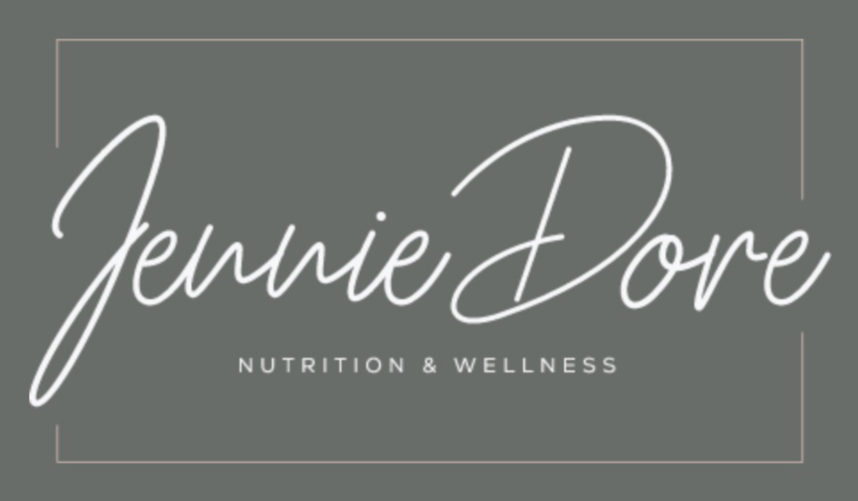30 Apr 3 Keys to Cope with Feelings Without Food
Do you often take care of other’s needs while negating yours as less unimportant?
While of course it’s important to care for others, and often times there are many people in your life you are caring for. When it becomes at the cost of your needs and wellness, it can really affect your mental and physical health.
Food and alcohol can become the only ways to “disconnect” or “feel better” for the short time it lasts. While not addressing the real problem.
When this becomes out of alignment, how does this make you feel?
Frustrated?
Resentful?
Exhausted?
Learning and practicing new ways to cope with your emotions is part of the process in creating a healthier relationship with food.
One of the paths in learning to cope with your feelings without using food is through
Self-Care
Nurturing
Compassion
These areas are often denied, and yet fundamental to a healthy relationship with food and your body. Without addressing your basic human needs are likely going to continue to return to using food as your original source of comfort and nurturance.
1. The Basics of Self Care
Adequate sleep and rest
Using your senses (sight, taste, touch, smell)
Expressing your feelings, being heard, understood and accepted
Creative outlets
Comfort and Warmth
2. Self Nurturance goes beyond the basics of self care.
How often do you do things like …
Asking for a hug
Snuggling with your pets
Listening to soothing or enjoyable music
Reading a book for pleasure
Taking a walk in nature
Watching the sunset/rise
Buying yourself flowers or other small gift
Taking a bath, sauna or hot shower
Getting a massage
Meditating
Going to bed when your body is telling you to rest
Honoring your hunger and respecting fullness cues
Communicate how you are feeling
Most of these are FREE 99!

Think about your typical day and life in general. Is there time or space in your life for nurturing activities or are you completely over scheduled and drowning?
Take a minute and write out some experiences that you would find nurturing that you don’t do now but would like to do more often. It is often not a matter of being too busy, but you are doing too many things that suck your energy, and not enough of the things that restore your energy.
3. Self Compassion
Are you treating yourself in a way you would care for someone else you love, value and admire?
Progress is not a straight line. You will experience old patterns and behaviors that creep back in, but these moments are NOT Set Backs!
When your forward progress starts to loop back, take a moment and look at the movement with curiosity. Think about your beliefs and self talk and look at what you are needing for self care. Having a lens of self compassion is an essential part of healing emotional eating.
When you practice taking care of your personal needs and speak to yourself with kindness and curiosity, you will find that eating may no longer serve as your primary source of comfort. It will become a way to meet your hunger needs, fuel your body and provide satisfaction!
Although it makes sense and sounds relatively simple. This can be hard to relearn and apply on your own. Creating strategies and habits to navigate emotional eating, over coming binge eating, being more attuned to your bodies needs and responding appropriately are key areas I am helping my nutrition clients work through and overcome. It is one of the most grounding and freeing steps you can take in supporting yourself and how you show up for your life.
apply for 1:1 coaching together.
here for you!

